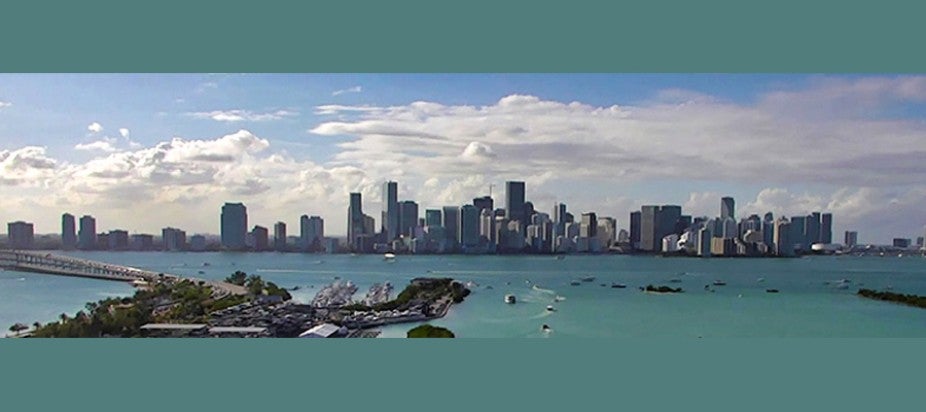PIRATA-24/TAV
(24th Prediction and Research Moored Array in the Tropical Atlantic /Tropical Atlantic Variability Meeting)

6:00 – 6:00 pm MDT
Background
The Prediction and Research Moored Array in the Tropical Atlantic/Tropical Atlantic Variability (PIRATA/TAV) meeting is held approximately once per year and welcomes participants from around the world. The last meeting took place October 22-24, 2018 in Marseille, France: PIRATA 23 and 2nd TAOS Review Workshop. Climate variability in the tropical Atlantic affect rainfall in South America and Africa, sometimes leading to extreme droughts or floods. The tropical Atlantic also experiences extreme events such as hurricanes and marine heatwaves. Variability outside of the tropical Atlantic has a strong impact on TAV, and atmospheric teleconnections from the tropical Atlantic affect tropical Pacific and Indian Ocean variability. There is growing evidence that long-term changes in the tropical Atlantic Ocean are altering hurricane activity, ocean biogeochemical cycles, and ecosystems.
To address these challenges, PIRATA was started in 1997 and now consists of 18 open-ocean moorings that measure upper-ocean and surface atmospheric conditions and transmit their data in real-time for use in operational weather forecasting and ocean state estimation. The array is maintained through a partnership between the U.S. (NOAA), France (Meteo France and IRD), and Brazil (INPE and DHN) and forms the backbone of the Tropical Atlantic Observing System (TAOS). The main purposes of PIRATA are to improve understanding of the tropical Atlantic Ocean, climate, and air-sea interactions; to aid in weather and climate prediction; and to monitor long-term changes in the ocean and atmosphere.
Meeting Objectives
PIRATA and the broader TAOS have evolved considerably over the past two decades in response to changing research and operational needs. This progress would not have been possible without strong international commitment to PIRATA and the collaborative nature of the PIRATA and TAV communities. The main goal of the meeting is to advance tropical Atlantic science by bringing together a diverse group of tropical Atlantic researchers and stakeholders. Recently, assessments of TAOS were made through a CLIVAR review, Tropical Atlantic Observing System Review and several tropical Atlantic focused OceanObs’19 white papers. These review efforts put forward a series of recommendations for tropical Atlantic observations and science. We plan to discuss how the PIRATA/TAV community can implement some of those recommendations.
Meeting Science Themes
- Earth system mechanisms (atmosphere, ocean, land, ice) affecting tropical Atlantic climate
- Simulation, predictability, and state estimates of tropical Atlantic climate variability and change
- Physical-biogeochemical-ecosystem interactions and impacts on ocean and human health
- Extreme weather and climate events
Meeting Format
In alignment with federal, state and local guidance and The Centers for Disease Control and Prevention (CDC) guidance related to the Coronavirus (COVID-19) the tropical Atlantic variability and PIRATA-24 meeting will be held as a virtual meeting. The meeting will take place virtually over five days for approximately 4 hours per day, May 10-14. There will be four half-day science meetings open to all participants, consisting of virtual oral, poster, and discussion sessions. Then there will be a half-day PIRATA Science Steering Group (SSG) and Resource Board (PRB) meeting during the morning of the fifth day. Participants are welcome to attend the meeting without submitting an abstract, but registration is required.